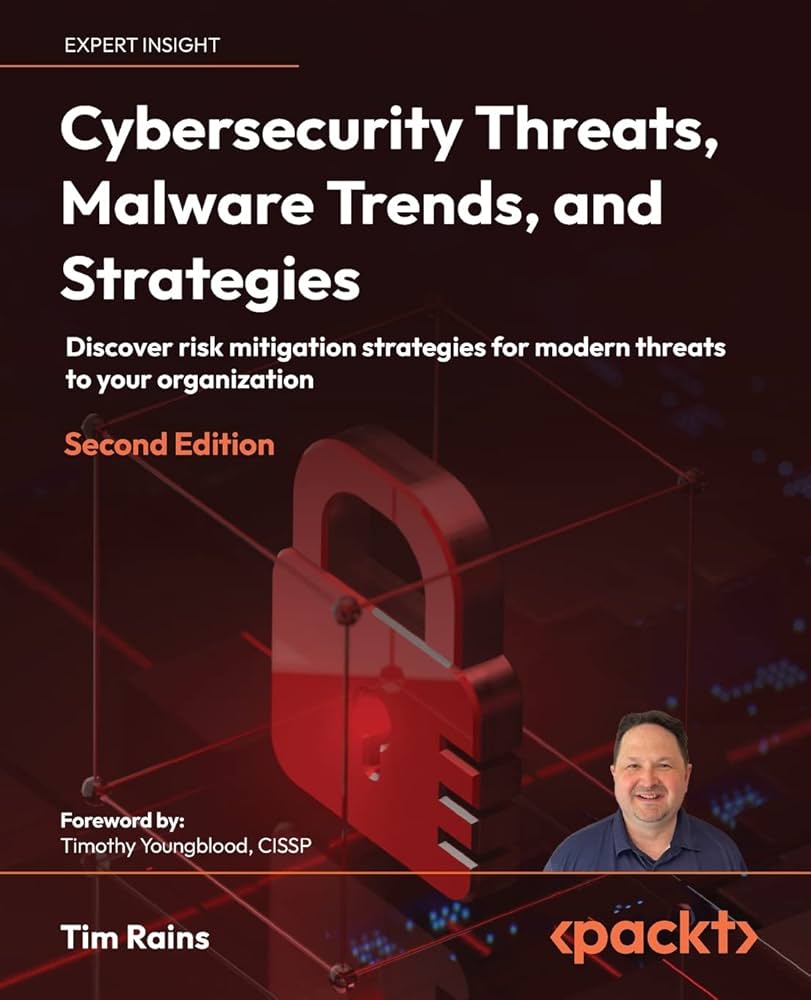
The Hidden Threat: Malicious Backdoor in xz Data Compression Library
As technology advances, so do the risks associated with it. Recently, Red Hat issued a warning about a malicious backdoor discovered in the widely used data compression software library xz. This revelation has sent shockwaves through the tech community, raising concerns about cybersecurity and the integrity of open-source software.
The backdoor, embedded in xz versions 5.6.0 and 5.6.1, poses a significant threat by providing remote access via OpenSSH and systemd. Its presence in such a critical component of many systems has serious implications for security.
Unveiling the Vulnerability
Designated as CVE-2024-3094, the backdoor has been rated 10 out of 10 in CVSS severity, highlighting the critical nature of the issue. Users of Fedora Linux 40 and the Fedora Rawhide developer distribution are particularly at risk, depending on when they last updated their systems.
Red Hat has urged all users to immediately check their xz suite versions and remove any compromised builds to mitigate the risk of exploitation. The malicious code, cleverly obfuscated, lurks within the source code tarball, waiting to be activated during the build process.
The Intricacies of the Attack
The insidious nature of the malware becomes apparent as second-stage artifacts within the Git repo are transformed into malicious code through the M4 macro during the build process. Once the tainted xz library is distributed and installed, unsuspecting software, including the operating system’s systemd, becomes vulnerable to exploitation.
The backdoor interferes with authentication in sshd via systemd, potentially granting unauthorized access to malicious actors. This breach of security could have far-reaching consequences, compromising sensitive data and system integrity.
Expert Insights
Andres Freund, a respected PostgreSQL developer and committer, shed light on the vulnerability in a post to the Openwall security mailing list. His expertise underscores the severity of the issue and the urgent need for vigilance within the tech community.
Conclusion
In conclusion, the discovery of a malicious backdoor in the xz data compression library serves as a stark reminder of the ever-present cybersecurity threats in the digital age. It underscores the importance of proactive security measures, regular system updates, and community collaboration to safeguard against such insidious attacks.















